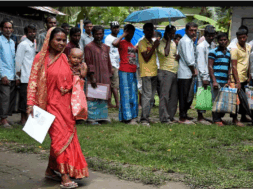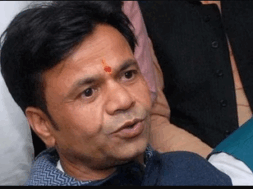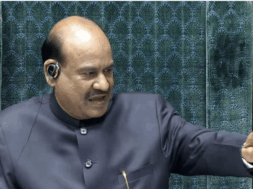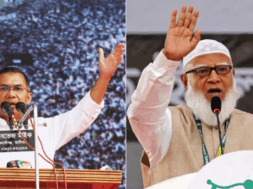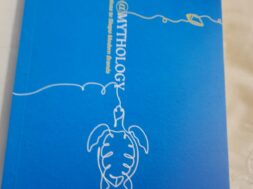
New Delhi: Micro-blogging site Twitter, which came under government pressure over the provocative ‘farmer genocide’ remarks made by alleged Khalistani sympathizers, has finally started blocking accounts flagged by the Centre for “carrying inflammatory and divisive comments”.
Of the nearly 1460 controversial Twitter accounts, 709 have been deactivated.
According to media reports, Twitter has assured the government that it is looking into its concerns and taking stock of the content on the controversial handles cited in the notice received from the Union Ministry of Electronics and Information Technology under Section 69A of the IT Act.
Of the 257 handles that had originally tweeted with the ‘farmer genocide’ hashtag, 126 have been deactivated. Recently, Twitter had blocked them, before activating them almost immediately citing “free speech” and because it found the content “newsworthy”. Following fresh controversy and ridicule, it blocked them again.
Twitter, however, clarified that it had not taken any action on micro-blogging accounts of media, journalists, activists, and politicians as it violated “the right to freedom of expression under Indian law”.
“We will continue to advocate for the right of free expression on behalf of the people we serve. We are exploring options under Indian law — both for Twitter and for the accounts that have been impacted. We remain committed to safeguarding the health of the conversation occurring on Twitter, and strongly believe that the Tweets should flow,” the company said in a blog post.
Likewise, of the 1,178 handles that the government suspected to have links with Khalistani and Pakistani elements to spread misinformation and provocative content, 583 have been deactivated, the report stated.
On Monday, Twitter had said that it has reached out to Union Minister Ravi Shankar Prasad for a formal talk and also shared an update with the government after it was sent a notice for not complying with an order to restrict access to some accounts.
The government told Twitter that action would be taken against the company under Section 69A [3] of the IT Act, envisaging a jail term of up to seven years for senior company officials, and a financial penalty.
The microblogging platform had restored access to 257 accounts it had temporarily blocked after a government order, getting into a confrontation with the ministry. The government then sent a notice saying Twitter cannot judge the order and that it was only an intermediary liable to follow directions as per the law, which could include penal provisions.
Twitter’s founder Jack Dorsey’s recent decision to like some of the tweets that supported the farmers’ protest also did not go down well with the government which felt that the act raised questions over the neutrality of the social media platform.
(VP)
